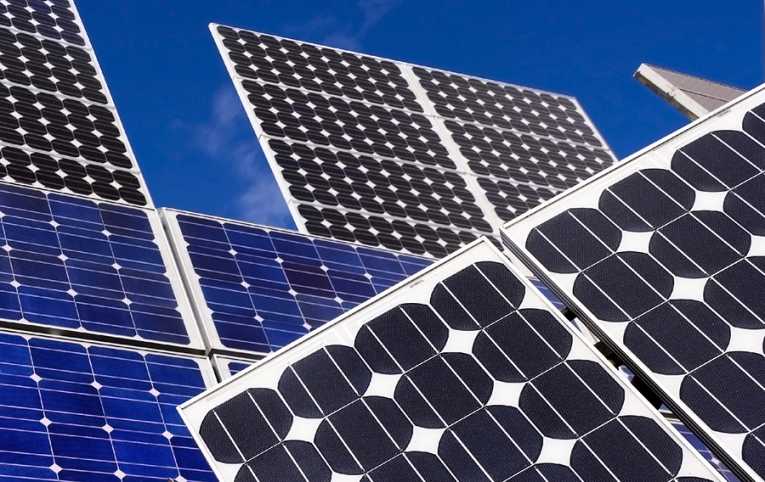As recent events in China prove, clean technology can be dirty.
On the heels of days-long protests, Chinese authorities have ordered the shutdown of the Jinko Solar manufacturing plant in the eastern province of Zhejiang.
Last Thursday, residents of Haining, home to roughly 640,000 people, began protesting pollution emitted from the plant. A reported 500 people gathered, some of them storming the factory and overturning vehicles. According to the China Daily, 31 people were detained.
Residents claimed that pollution from the plants was killing fish, poisoning pigs and contaminating water. According to the Los Angeles Times, tests revealed that the plant was responsible for high amounts of fluoride; the plant has reportedly been failing pollution tests for nearly six months.

Some experts say that recent shutdowns, which come on the heels of civilian protests, are a sign that both Chinese citizens and the Chinese government are becoming less tolerant of pollution. Earlier this month authorities temporarily closed a pair of plants in connection with lead poisoning. And last month, a reported 12,000 protesters gathered outside a chemical plant in Dalian, prompting the local government to promise that the plant would be shut down.
"Citizens, particularly a rising Chinese middle class, have become more aware about how deep the impact of environmental issues is to their health," Phelim Kine, senior Asia researcher for New York-based Human Rights Watch, told AFP. "They are no longer willing to take it passively."
"Pollution is not only an environmental issue, but also a social problem," Wang Yongchen, director of the Chinese NGO Green Earth Volunteers, told The Australian.
A crackdown on Chinese solar manufacturing could have repercussions for the industry as a whole. Solar manufacturers in the U.S. and elsewhere have claimed that government subsidies and lax regulations allows for Chinese manufacturers to produce solar panels more cheaply.
While there is no end in sight for Chinese government subsidies, closures like the one in Haining suggest that stiffer environmental regulations - which could cause increase manufacturing costs - could affect China's robust solar panel output. If nothing else, investors seem to be concerned. Jinko's U.S. shares dropped 8 percent Tuesday, while other Chinese solar companies - such as Suntech Power Holdings, Trina Solar, LDK Solar - also suffered double-digit percentage drops this week.
Clean Error is an Earth Times blog that looks at China's position as both the world's biggest polluter and fastest-growing manufacturer of green technology. The views and opinions expressed in this article are those of the author, @davidvranicar.
Top Image Credit: © davinci










